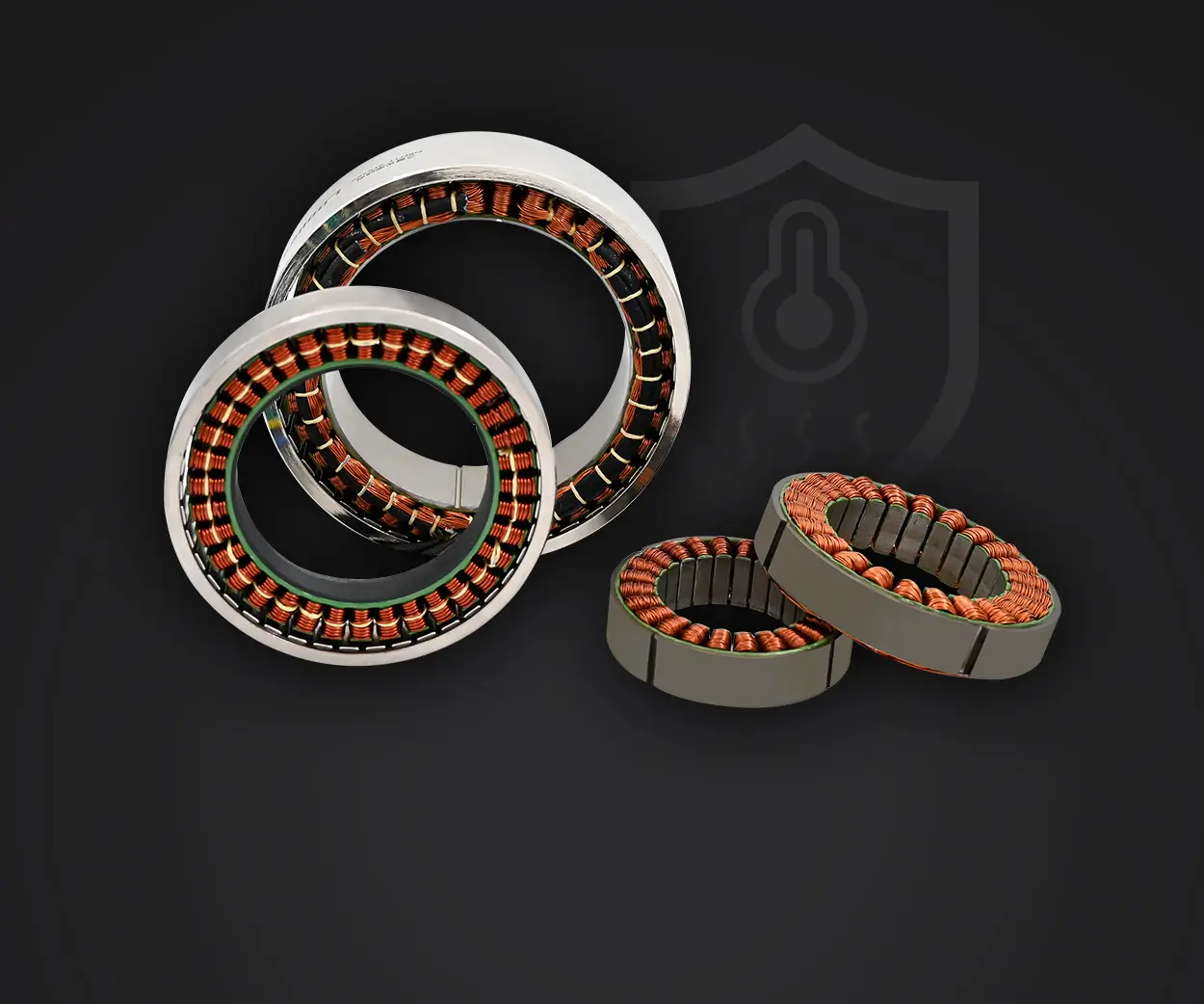Certainly! Here’s the first part of the article on "Applications of Servo Motors." I will send the second part afterward.

In the rapidly advancing landscape of modern technology, the demand for precision, efficiency, and reliability continues to surge. At the heart of these technological leaps are servo motors—compact yet powerful devices that convert electrical energy into precise mechanical motion. Their ability to deliver accurate position, speed, and torque control makes them indispensable across countless applications. From manufacturing floors to space stations, servo motors are quietly revolutionizing the way we build, explore, and heal.
Understanding the Essence of Servo Motors
Before delving into their myriad applications, it’s essential to understand what makes servo motors unique. Unlike conventional motors, servo motors incorporate feedback mechanisms—such as encoders or resolvers—that constantly monitor output position and adjust their operation accordingly. This closed-loop control system ensures unparalleled accuracy and responsiveness. Whether controlling the rotation of a robotic arm or the flaps of a drone, servo motors excel where precision is non-negotiable.
Industrial Automation and Manufacturing
One of the most prominent domains benefiting from servo motor technology is industrial automation. Modern factories are increasingly adopting automated systems to boost productivity, reduce errors, and enhance safety. Servo motors are fundamental in this transformation.
In CNC (Computer Numerical Control) machining centers, servo motors precisely position cutting tools and workpieces, enabling complex geometries to be machined with micrometer accuracy. Similarly, in robotic assembly lines, servo motors operate gripping, welding, or assembling components, ensuring each task is performed with optimal precision and speed. These applications demand servo motors capable of rapid acceleration, high torque at low speeds, and reliable operation over millions of cycles.
Another significant application is in packaging machinery, where servo-driven systems control conveyor belts, labeling, and sorting processes. The quick response and accuracy of servo motors facilitate high-speed operations while minimizing product waste and downtime.
Robotics and Automation Engineering
Robotics is perhaps the most vivid showcase of servo motor applications. Autonomous robots, whether industrial arms, mobile robots, or humanoid platforms, rely heavily on servo mechanisms to achieve smooth, coordinated movements. The fine control offered by servo motors enables robots to perform delicate assembly tasks, such as inserting tiny electronic components onto circuit boards or handling fragile glassware.
In humanoid robots, servo motors power joints and limbs, granting human-like dexterity and fluidity of motion. Each servo motor in these applications must deliver precise torque control to mimic natural movement, which often means managing multiple motors coordinating seamlessly for complex gestures and responses.
Drones and robotic vehicles also utilize servo motors for steering, camera gimbals, and other dynamic controls, where stability and precision are critical. The miniature size and lightweight nature of many servo motors make them ideal for these portable and space-constrained applications.
Aerospace and Defense
Servo motors play a crucial role in aerospace and defense industries, where reliability and precision are paramount. In aircraft control surfaces—such as ailerons, rudders, and flaps—servo actuators adjust surfaces swiftly and accurately, maintaining flight stability.
Similarly, spacecraft employ servo motors in satellite positioning systems, solar panel deployment, and antenna steering. These applications demand servo motors that can operate reliably in extreme conditions, including vacuum environments, wide temperature ranges, and high radiation.
Advanced defense equipment, such as missile guidance systems and automated target tracking devices, also depend on high-performance servo motors for precise movement and targeting. Their capability to work in challenging environments, coupled with their accuracy, makes servo motors indispensable in this high-stakes arena.
Medical Equipment and Healthcare
In the medical field, servo motors provide the nerve and muscle behind essential equipment that saves lives daily. Surgical robots—like the da Vinci Surgical System—use servo motors for precise control of surgical instruments. Surgeons operate these robotic arms with extraordinary accuracy, allowing minimally invasive procedures with reduced recovery times.
Medical imaging devices—MRI machines, CT scanners, and ultrasound systems—also utilize servo motors to position sensors, extend equipment components, or adjust imaging angles with high precision. This ensures clear, accurate diagnostics, crucial for effective treatment.
Additionally, prosthetics and mobility aids benefit greatly from servo technology. Advanced prosthetic limbs employ servo motors to mimic natural movement, offering users greater control and comfort. Likewise, automated pharmacy dispensers and laboratory automation systems rely on servo-driven robotics to handle delicate procedures with meticulous accuracy.
Consumer Electronics and Automotive Applications
While often less conspicuous, servo motors are integral to consumer electronic devices and automobiles. In cameras, autofocus systems utilize small yet powerful servo motors to adjust lens positions swiftly and quietly. Gaming consoles and robotic toys also employ servo mechanisms to deliver responsive and realistic movements.
In automotive engineering, servo motors are vital components in power steering systems, providing effortless handling. Modern vehicles increasingly incorporate servo-driven elements such as adaptive headlamps, automatic tailgates, and even active aerodynamic features, enhancing safety and convenience.
The Future of Servo Motor Applications
The application spectrum of servo motors is ever-expanding, driven by innovations in materials, control algorithms, and miniaturization. With the rise of Industry 4.0, smart factories, and autonomous systems, the need for precise, reliable movement continues to grow.
Emerging fields like nanotechnology, bioengineering, and renewable energy are poised to harness servo motors in groundbreaking ways. For instance, micro-servo motors are being integrated into micro-electro-mechanical systems (MEMS) for highly sensitive applications, while large-scale servo systems contribute to renewable energy infrastructure, such as solar tracking devices.
In summary, servo motors are fundamental to the seamless operation of countless high-tech systems. Their versatility, accuracy, and adaptability make them the backbone of innovations across sectors. In the subsequent section, we’ll explore deeper into specific case studies and future trends shaping the evolution of servo motor applications.
Established in 2005, Kpower has been dedicated to a professional compact motion unit manufacturer, headquartered in Dongguan, Guangdong Province, China.




































